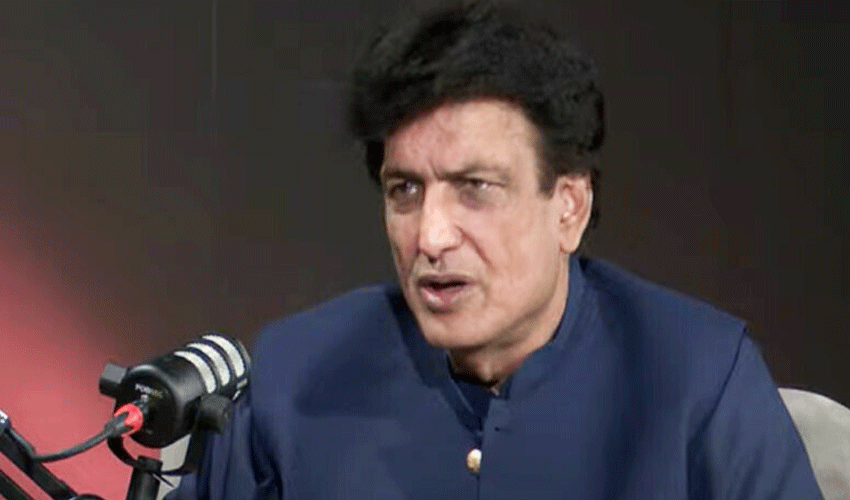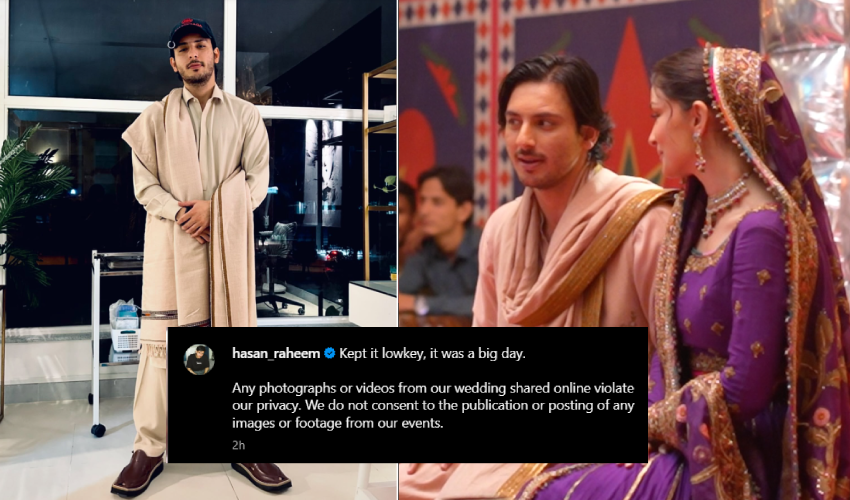A deepfake video featuring Bollywood actor Kajol has recently surfaced online, triggering concerns about the ethical implications of deepfake technology.
The clip, digitally altered to appear as Kajol changing outfits, circulated widely, misrepresenting the original content from an English influencer's 'Get Ready With Me' trend on TikTok.
This incident comes in the wake of similar viral deepfake content involving celebrities like Rashmika Mandanna and Katrina Kaif. Mandanna faced an unsettling deepfake video, while Kaif encountered a digitally altered image from her upcoming film 'Tiger 3', sparking widespread discussion on the impact of deepfakes on reputation and privacy.
View this post on Instagram
The rising spread of unreliable information online has drawn attention to the dangers posed by manipulated content. Bollywood legend Amitabh Bachchan expressed concern and urged for legal action against the dissemination of such altered media. In Mandanna's case, the Delhi Police took legal action, filing an FIR against unknown individuals and interrogating a suspect from Bihar suspected of uploading the video on social media.
The emergence of these deepfake incidents has reignited discussions on the need for stringent regulations and ethical considerations surrounding the use of deepfake technology. The implications extend beyond entertainment, touching upon privacy, reputation, and the dissemination of misleading content on social media platforms.
These incidents have raised awareness about the potential risks and challenges posed by deepfake technology, prompting conversations about protecting individuals' privacy and addressing the ethical concerns associated with its misuse in entertainment and social media spheres.



























